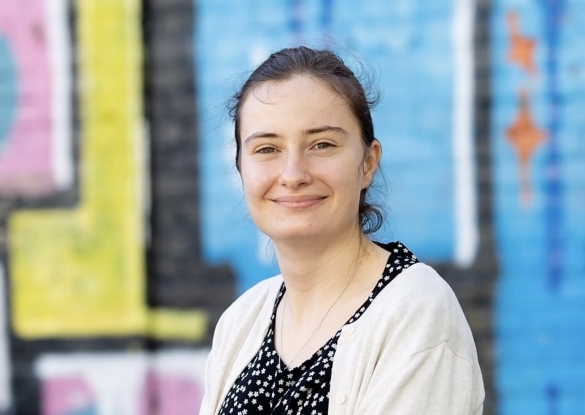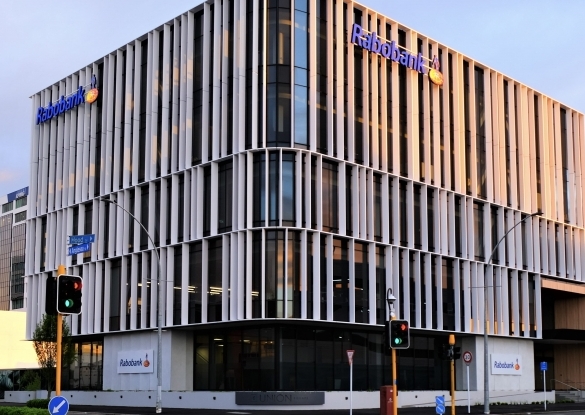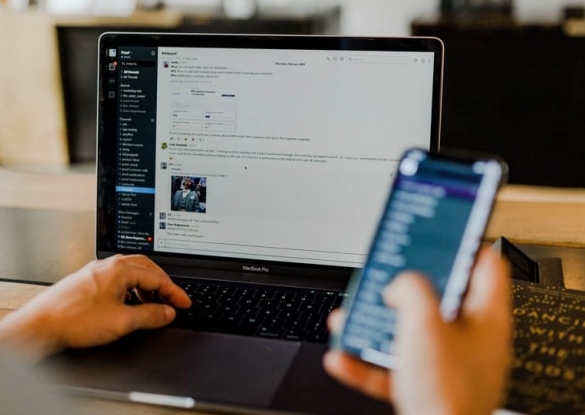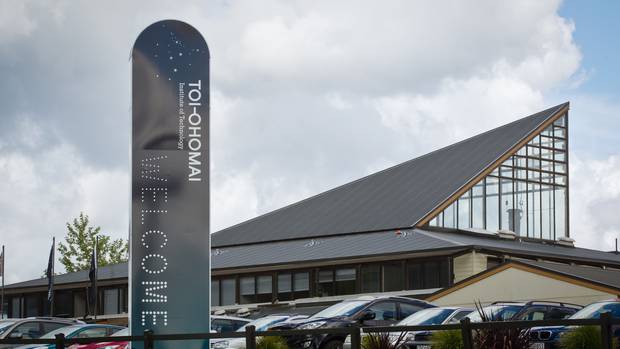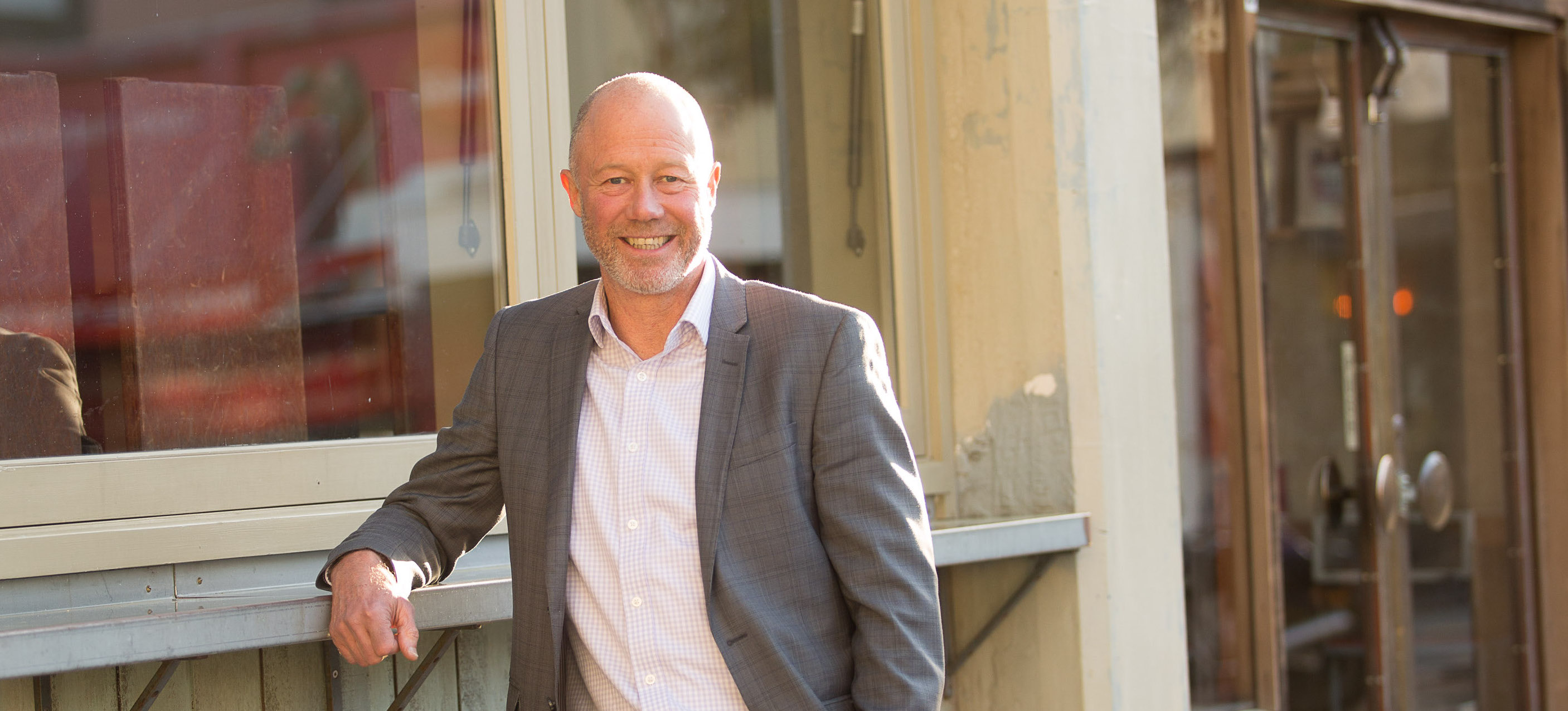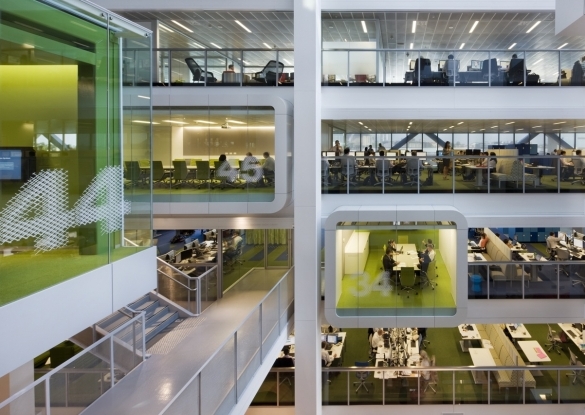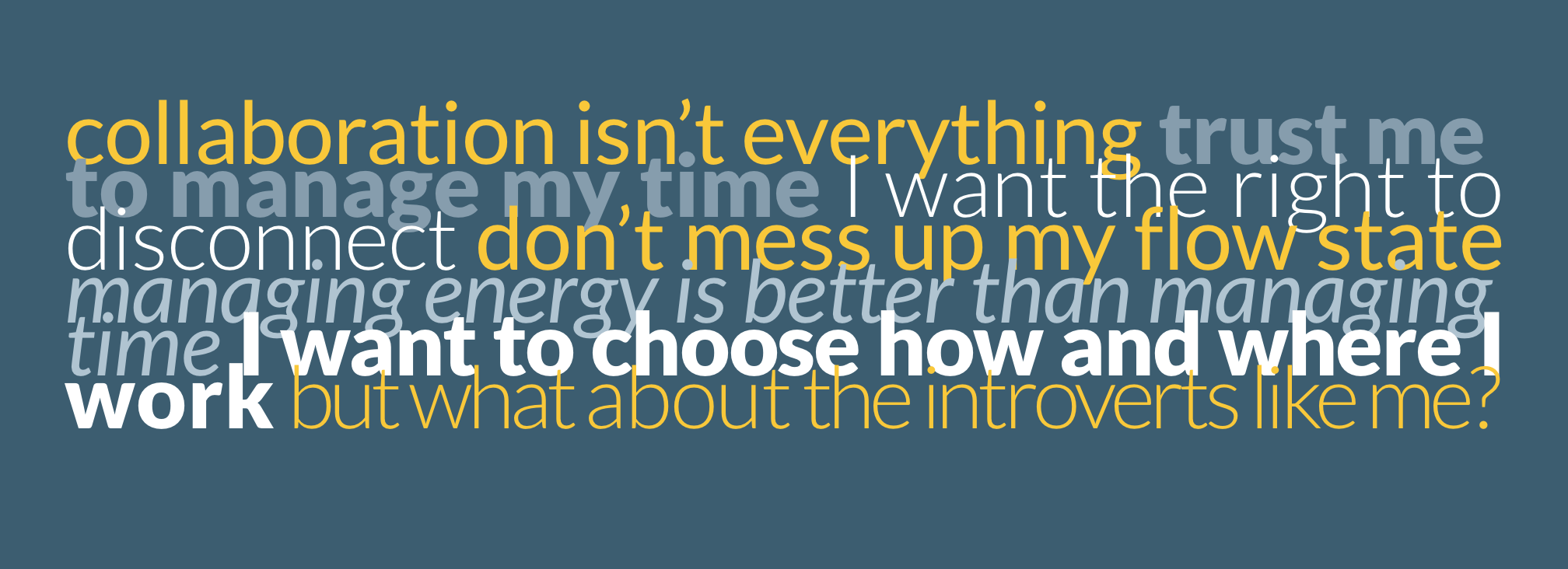This blog is for any Chief Executive, Director or senior leader thinking about adopting activity based working (ABW) or hot-desking/non-allocated desk sharing at their workplace. Be warned, it’s no one-stop fix. You need to really understand your teams, how they work and what your people need to do the best work they can.
My Workplace Strategy team at TwentyTwo recently undertook an evaluation of a hot-desk/non-allocated desk trial for a large organisation here in NZ. The organisation wanted to explore how providing non-allocated desks at a ratio of 80 desks for 100 staff would impact on people and teams. Here’s what we found out…
Impact on People – don’t be the late starter
Desk sharing impacted differently on different people. While some people enjoyed being able to choose where they wanted to work on a daily basis, others found that the lack of certainty about where they were sitting caused anxiety and stress.
It seemed desk sharing had less of an impact on those people that could or preferred to start earlier. They got the best choice of where they wanted to sit. Those that for family or other reasons preferred to start later, were disadvantaged because by the time they arrived the only desks available were not where they wanted to sit.
During our workshops we heard a story about two people in the same team who tended to start later after dropping their children off to school. On many mornings they would arrive at the railway station, look at each other and realise that by the time they raced up to their building, there would be only one desk left with their team. For many teams this might not matter, but both of these people worked in a team where it was important that the team was seated together.
It is hard to imagine a worse way for these people to start their working day than a daily “dash for a desk”. While their fitness may have improved, I suspect their state of mind when they arrived at work may not have been conducive to an enjoyable work experience.
Impact on Teams – agile working verses the hot-desk
The winners here are those who worked across many projects in the organisation. These people found it more productive to be able to choose where they wanted to sit on a daily basis. It was much better for them to be seated in close proximity to a particular team or person they needed to collaborate with on that day.
The flexible environment also worked for those who work in more of an autonomous work style, where they work independently for periods of time and check in with their teams at more formal, arranged meetings or when it suited them. The flexibility that the non-allocated desks strategy gave them was the ability to choose a desk that suited them best, either in a quiet zone or near the window for example.
However, many of the teams in this trial worked in an agile methodology. Agile teams focus collaboratively on delivering small pieces of a larger project over one to two weekly cycles. They have daily "scrums" where the activities are planned out. Collaboration generally happens at the team pod of desks. Small pieces of work are reviewed and stitched together as they are completed. For this part of the organisation desk sharing happened at a team level. That is for each team of 10 people would only be given 8 desks. This meant on most days one or two team members would not be able to sit with their agile team.
While team productivity is difficult to measure as reliable metrics are not often kept by organisations, anectodical feedback indicated non-allocated desk strategies had a negative impact on the productivity of teams that rely on being together.
The Outcome
The objective of a successful workplace is to balance the needs of the organisation to deliver affordable property solutions and the needs of teams to work productively.
Desk sharing is just one dimension of a workplace strategy that needs to be considered along with the use of other facilities on the floor, the workspaces in the rest of the building and the ability for staff to work at home or in other public spaces (café’s etc.).
In my experience organisations are complex entities and the range of teams inherent in them do not respond well to the simplistic application of a single workplace rationale.
TwentyTwo has developed a range of team workstyle analysis tools to allow us to investigate in more detail how teams work and what workspace and support facilities they require to be most productive. We believe there is significant value in not only taking the time to develop a Workplace Strategy, but it is also immensely important to develop an implementation plan – but I’ll save my thoughts on that for my next blog.



